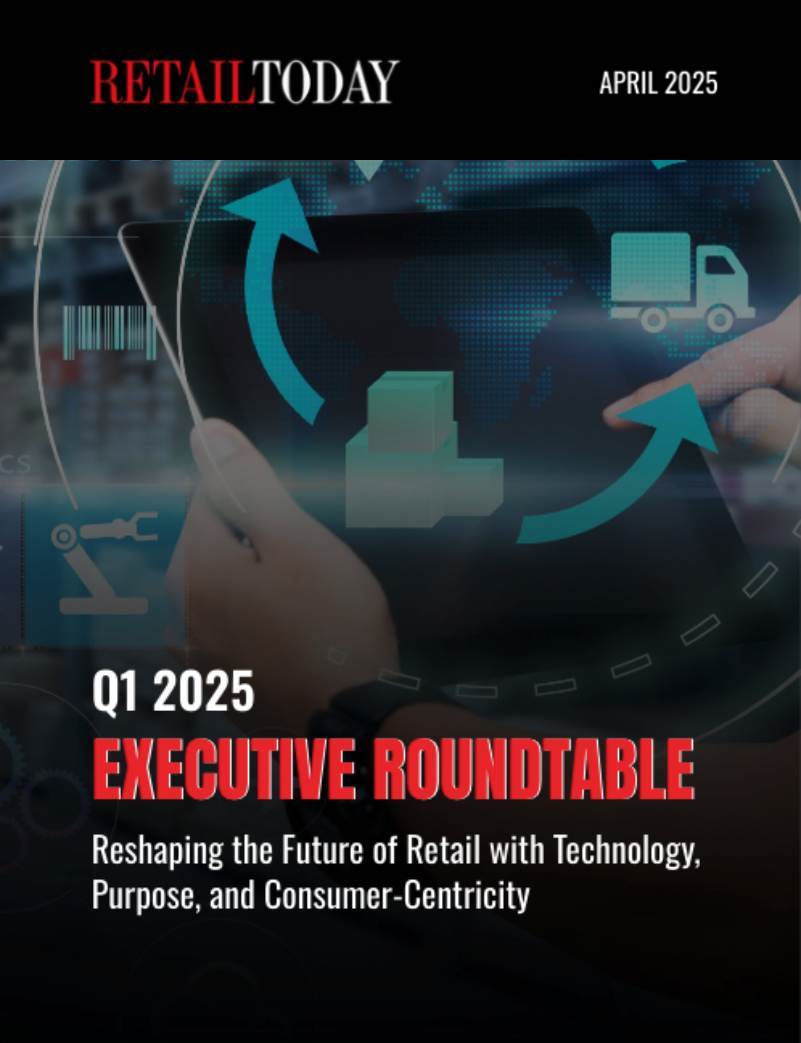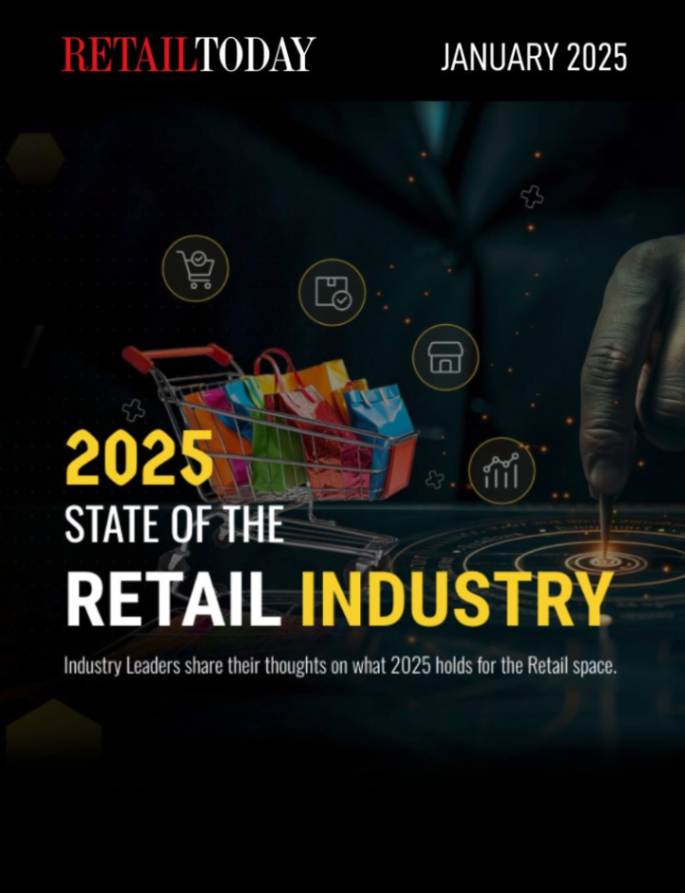
Coming out of the recent COP 28 climate change summit in Dubai, there is an even greater need to focus on the role that food systems can play in addressing climate change. Consumer awareness of the connection between their food choices and their environmental impact has never been greater. As we step into 2024, sustainability should be at the forefront of purchasing and supply chain decisions.
Why Has Sustainability Taken Center Stage?
Based on Google Trends search behavior, interest in “sustainable food” has risen by a staggering 52% over the last two years. Consumers now view sustainability as an integral part of their holistic wellness, aligning environmental benefits with their community and nutritional values. A remarkable 77% of all shoppers consider sustainability to be an important factor when selecting products, an 8% increase from 2021.
Adding fuel to the movement, governments and businesses are aligning their agendas with environmentally protective policies. The Canadian Government has pledged net-zero emissions by 2050, and the US Government set a goal of reducing greenhouse gas emissions by 50–52% from 2005 levels by 2030. This includes “Net-Zero” commitments in government procurement, operations, and infrastructure, compelling businesses to proactively prioritize sustainability.
Meeting the Demand for Sustainable Food Products
To cater to the growing demand for sustainable foods, retailers should understand how consumers are qualifying sustainable products: Third-Party Certification. Three out of four shoppers rely on labels or third-party certifications to confirm a company’s or product’s sustainability credentials.
To reinforce your businesses quality standards, here are a few key certifications your company can obtain:
- Regenerative Organic Certified (ROC): “Regen” is the fastest-growing trend in sustainable foods. In 2022, claims related to “regenerative agriculture” in consumer packaged goods (CPG) surged by over 130%. Often referred to as “regen,” regenerative farming actively contributes to reversing climate change by restoring degraded soil, enhancing biodiversity, increasing carbon capture and improving farmer livelihoods. It certifies that, as suppliers, we’re leaving the earth better than we found it.
- Organic Certification: Organic certification guarantees consumers that their food will be grown without toxic pesticides, synthetic fertilizers, or genetically modified organisms (GMOs). It also guarantees that no antibiotics or growth hormones are given to livestock.
- CarbonZero: Certification bodies like CarbonZero are pivotal in assisting brands to measure, offset, and reduce their carbon footprints. Achieving carbon neutrality involves a dual strategy: reducing carbon emissions with set benchmarks and investing in carbon offsets. As retailers and governments strive for carbon neutrality, CarbonZero certification will become table stakes for most food suppliers.
Hemp: A Remarkable Ally in Sustainability
As sustainability takes center stage, breakthrough ingredients that support environmental health will lead food trends. Hemp stands out for its nutritional profile as a complete source of protein, its robust omega-3 fatty acid profile, and for its ability to draw carbon out of the atmosphere. One single acre of Hemp can offset an average American or Canadian’s Carbon Footprint for a year.
Trends shaping consumer behavior in 2024 underscore the pivotal role of sustainability in retail and food supply. Businesses that embrace third-party certifications, foster education, and align with sustainable practices will not only meet consumer expectations but also position themselves as leaders in a rapidly evolving marketplace.
Jared Simon, President, Manitoba Harvest and Tilray Wellness
Jared Simon is an experienced leader of natural food brands, focused on building a more healthful and sustainable food system. Jared brings 20 years of general management experience in the food industry along with a deep knowledge of public health. Prior to joining Tilray Brands, Inc., Jared was the President of CORE Foods, an innovative functional food company reshaping the nutrition bar category. Jared spent nearly 10 years at Hain Celestial, holding various leadership positions including Vice President & General Manager roles over Hain Celestial’s Baby, Snacks, and Pantry divisions. Jared also served as Hain Celestial’s Vice President of Food Strategy & Advocacy. Jared started his career at Kraft Foods, where he spent 10 years in brand management and shopper marketing roles.
Jared holds a Master of Business Administration from the Harvard Business School, a Master of Public Health from the Johns Hopkins School of Public Health, and a Bachelor of Science in Economics from the Wharton School at the University of Pennsylvania. Jared has served as a member of the Advisory Board and CSO Group for Food Tank – The Think Tank for Food.






